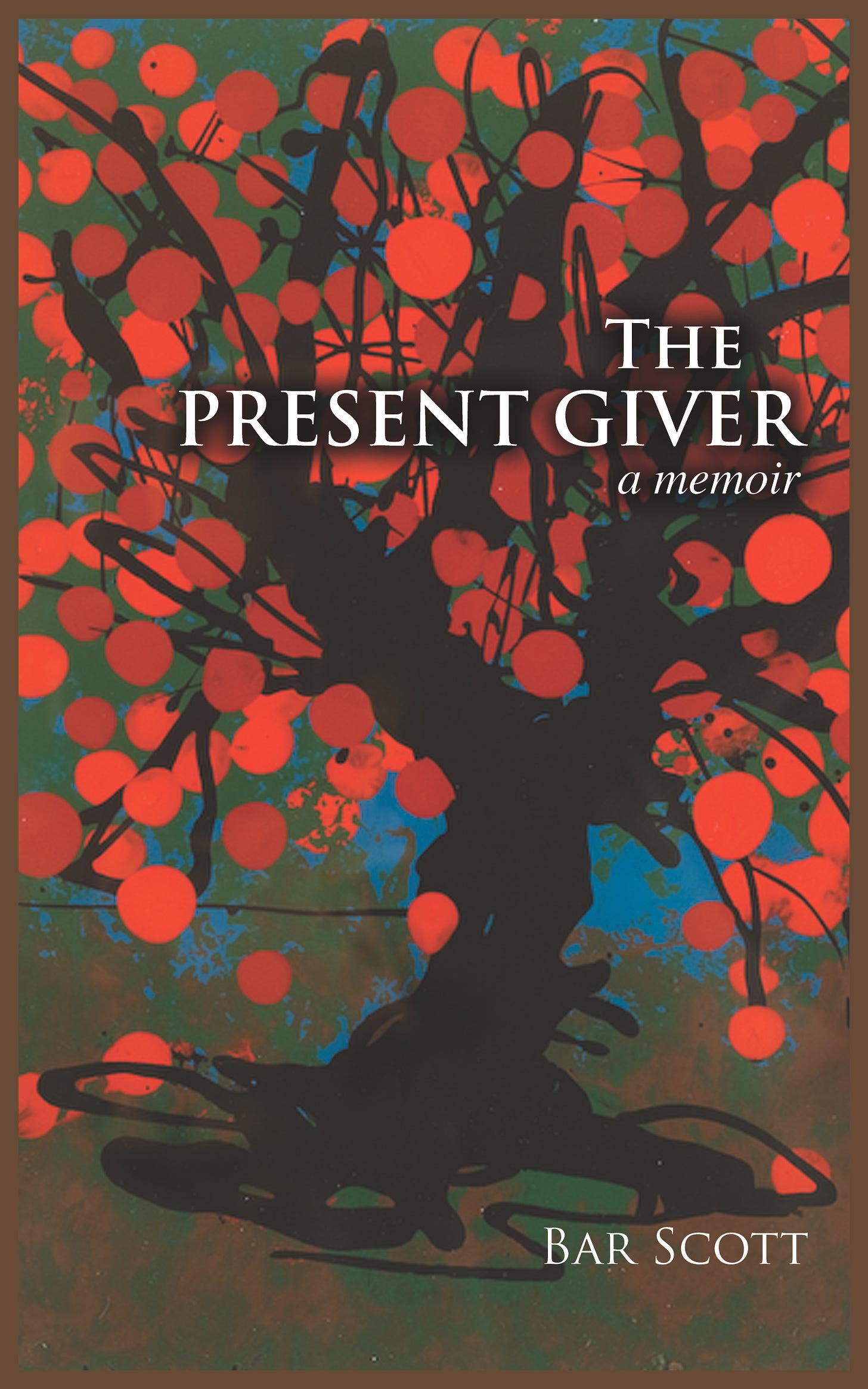Late last week my friend Abby posted a question on her Substack blog. Abby, aka Abigail Thomas, is a beloved writer with a lot of fans who are writers. She’s famous for her prompts and writerly questions. Her first book was published when she was in her forties. Her latest, Still Life at Eighty, was published last month. Her question was this:
I’m always curious about those of us who started writing late, whatever late means to us, what got in our way? And how did we get past it?
It made me think of Scandinavia, 1978. I was nineteen, far from home for the first time, on a tour bus full of European students my age. We were about to travel through Norway, Sweden, Denmark, and Holland. I was the only American. As the bus left the station and before we started playing games to get better acquainted, we were asked to introduce ourselves and tell the others what we hoped to do in the future.
Standing on that moving bus a few minutes later, I told a bunch of people I’d never seen before, that I wanted to be a writer. This was news to me, a fantasy I didn’t know I had until it slipped from my lips.
But I didn’t write.
After college and years later, I started to write songs. At the time, it was the music I was learning to make that inspired me to come up with lyrics. If I wanted to sing I needed words.
Then in 2000, my son Forrest was diagnosed with stage-four liver cancer just short of his second birthday. It’s hard to write that sentence without saying more, but I’ve learned to stay on task when I mention Forrest, and right now the task is to answer Abby’s question.
Email was new then, and blogs didn’t exist when cancer arrived. But I had a budding list of email addresses I’d collected at my concerts, and I knew the people on that list needed to know – wanted to know – why I’d had to cancel upcoming performances. Within a week of diagnosis, I wrote to the people on that list almost every day, sitting at a table in the living room at Ronald McDonald House or at my desk when we were home. Most days there wasn’t time or clarity to proof what I wrote. It was raw and it was necessary. The more I wrote, the more I needed to write, the more people wrote back with love and support. To answer Abby’s question: I finally wrote out of necessity. If I hadn’t written, I might have been shattered.
When Forrest was gone, I kept writing to the people on my list, but eventually I needed something else. I needed Forrest’s story to exist on paper. I needed to keep him alive in the form of a book. I needed for his story not to be a tragedy – some little boy who died – but a record of a fully-lived life.
So, I wrote The Present Giver. It’s a memoir about Forrest and our family, but like all memoirs, it’s really a book about the author. And every time someone writes to tell me they’ve read it, Forrest is alive again. He’s known, and so am I.






Check out Abby's blog at:
https://abigailthomas.substack.com/
Thank you, Bar! I had the privilege of listening to you read this book on a CD. That made the story come alive for me even more.